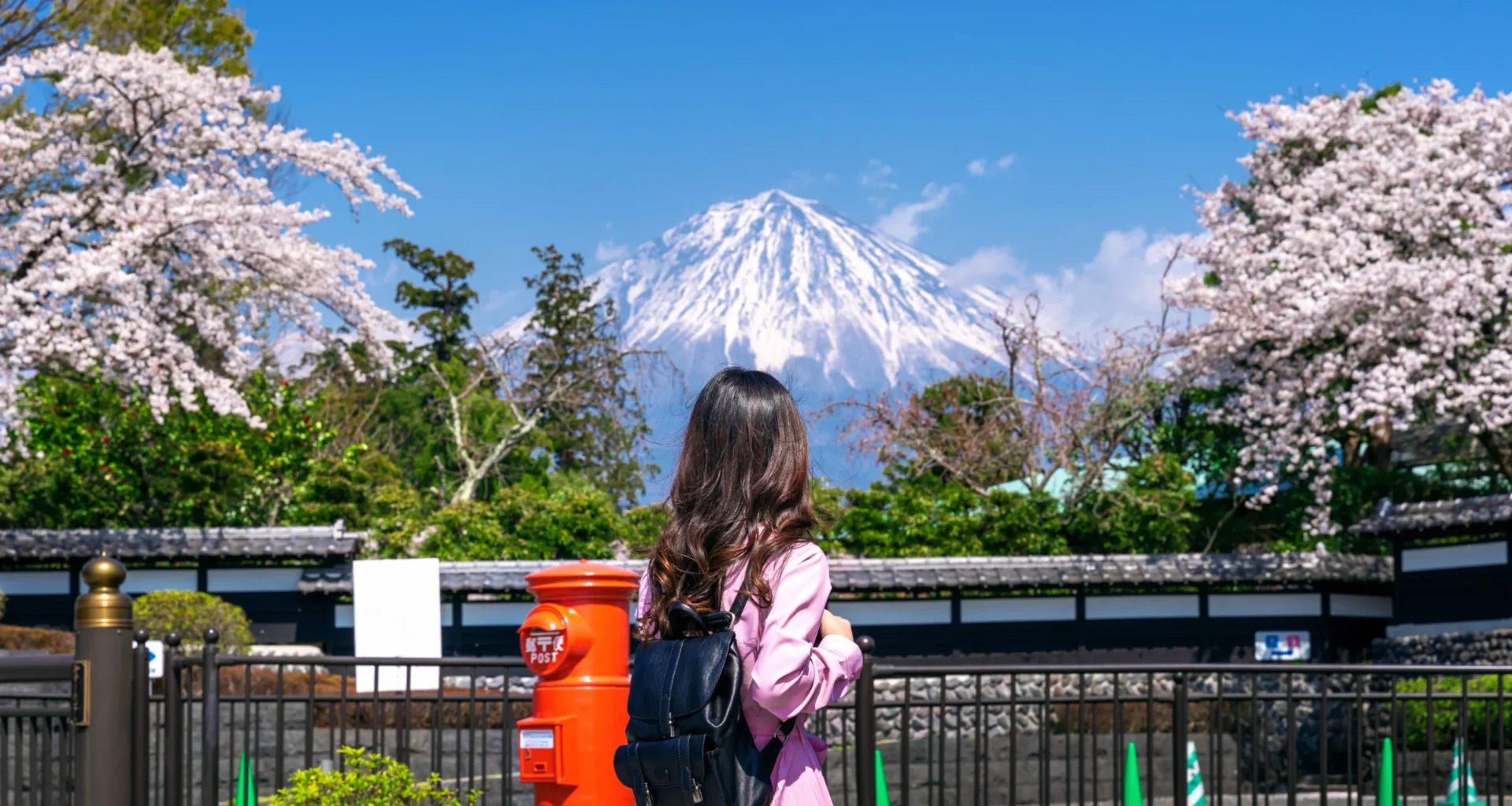TOKYO- The US Embassy and Consulates in Japan have issued a travel advisory after a rise in bear sightings and attacks, particularly in northern regions. Travelers planning visits, especially to Sapporo in Hokkaido, are being urged to exercise caution.
The advisory highlights that bear encounters have increased in areas close to or adjacent to populated zones, prompting authorities to temporarily close public areas such as parks when sightings occur.
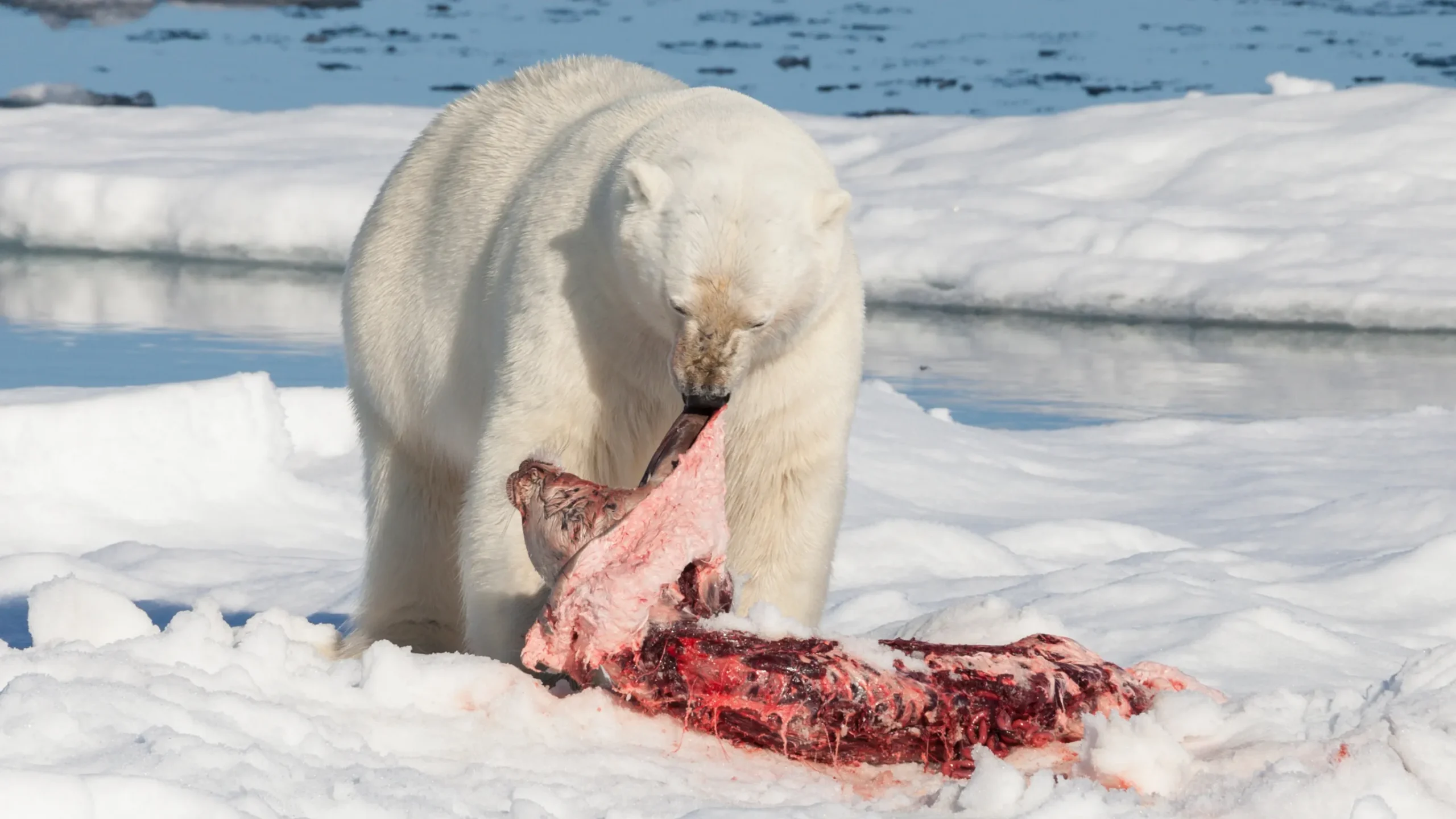 Representative Photo: Awelth | Wikimedia Commons
Representative Photo: Awelth | Wikimedia Commons
https://commons.wikimedia.org/wiki/File:Polar_bear_(Ursus_maritimus)_with_its_prey.jpg
Rising Bear Encounters
Since April, more than 100 injuries and at least 12 deaths have been reported across Japan due to bear incidents. Akita and Iwate prefectures have seen the majority of fatalities, raising concern among both local authorities and international diplomats.
The embassy recommends that travelers avoid areas prone to bear activity and take precautions when outdoors.
The surge in bear encounters has alarmed tourism operators, some of whom have limited ticket sales for mountain activities. For instance, cable car operators have restricted one-way tickets to prevent hikers from venturing into high-risk areas.
Authorities emphasize walking in groups, staying alert, and reporting any bear sightings immediately.
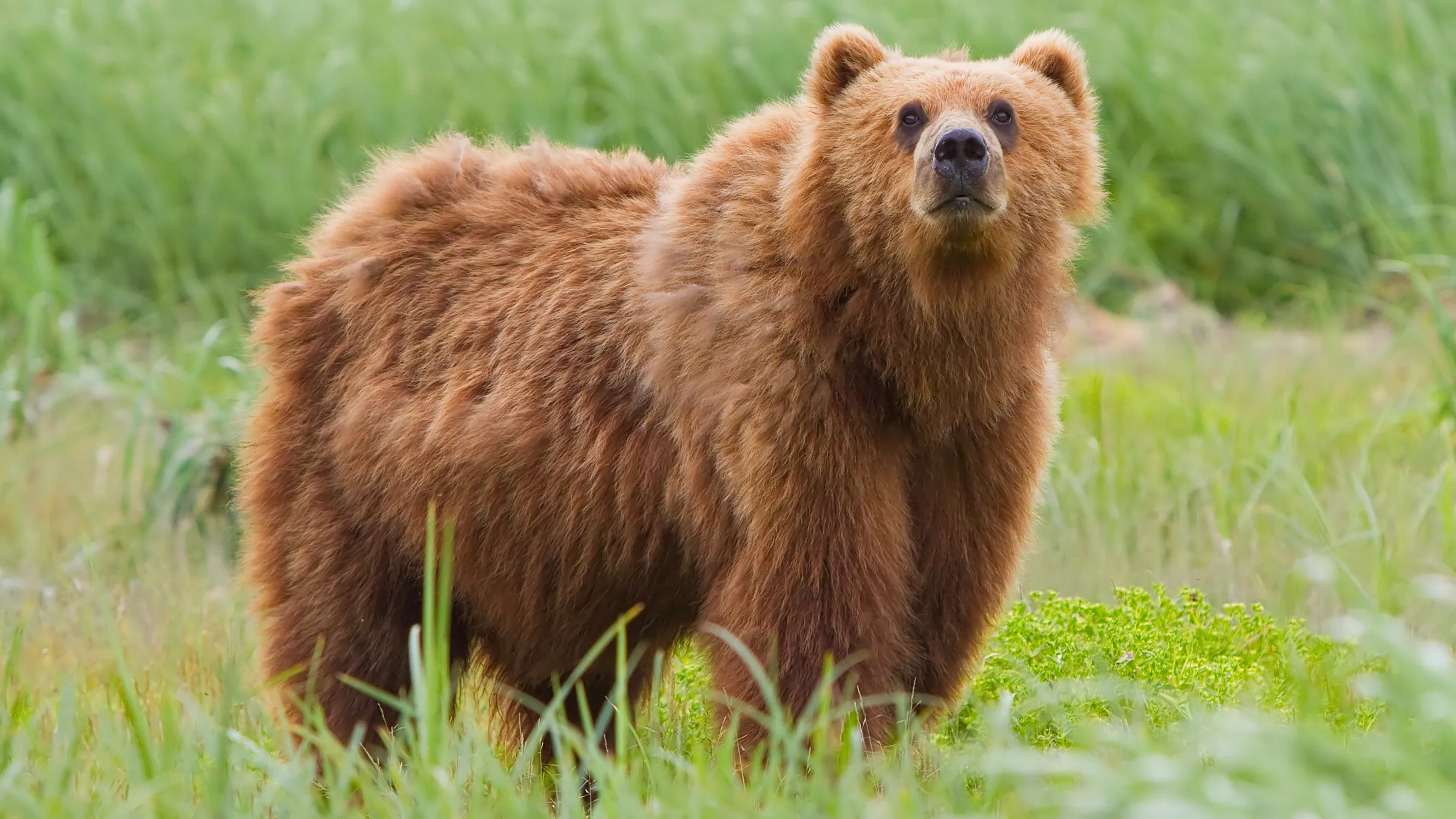 Photo: Yathin S Krishnappa | Wikimedia Commons
Photo: Yathin S Krishnappa | Wikimedia Commons
https://commons.wikimedia.org/wiki/File:2010-kodiak-bear-1.jpg
Causes Behind the Surge
Experts link the increase in bear activity to a shortage of natural food sources and changes in land management.
Abandoned farmland and reduced rural populations have blurred the boundaries between forests and residential zones, forcing bears into areas frequented by humans. Hokkaido is home to large brown bears, while Japanese black bears inhabit other regions.
Safety protocols differ depending on the species of bear encountered. Travelers who meet a black bear are advised to escape to a secure location or fight back using available objects if escape is not possible, avoiding climbing trees.
Those encountering brown bears should play dead, lying flat on their stomach with hands clasped behind the neck.
Government measures include deploying emergency teams to manage bear populations and installing preventive measures such as fencing and early detection systems. Authorities also monitor high-risk areas closely and may temporarily close parks or hiking trails to prevent incidents.
The U.S. State Department continues to classify Japan under its lowest Level 1 advisory, but travelers are encouraged to enroll in the Smart Traveler Enrollment Program to receive alerts and assistance in case of emergencies.
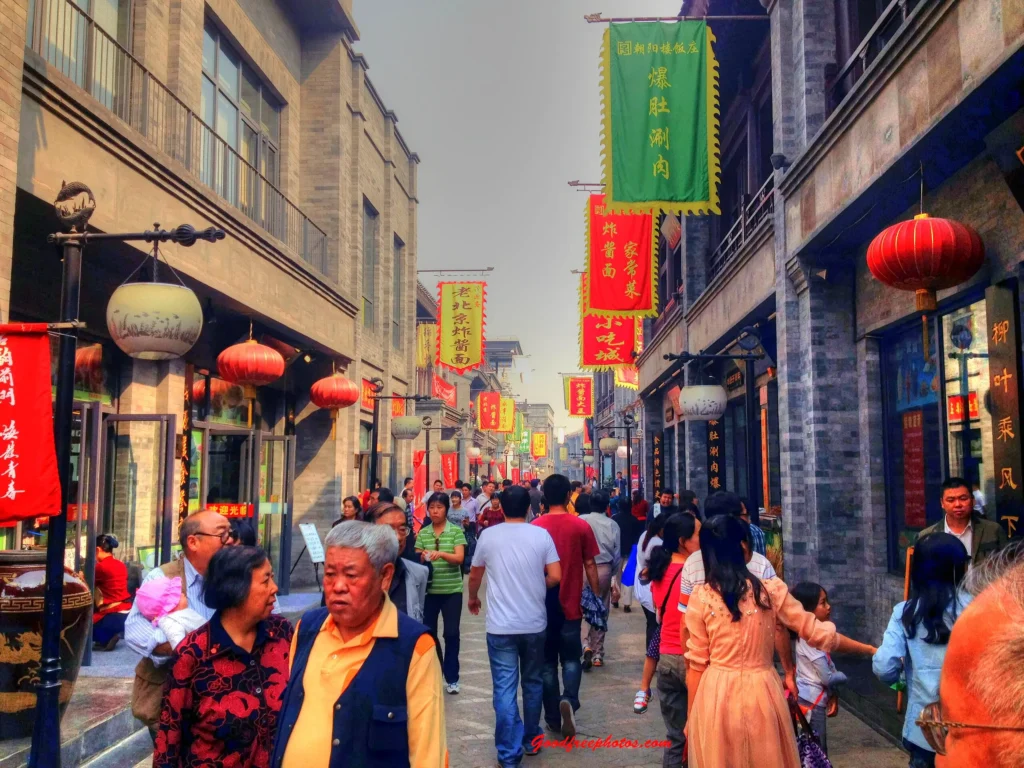 Beijing; Photo- Good Free Photos
Beijing; Photo- Good Free Photos
China-Japan Tensions
These come at a time when China and Japan are involved in a diplomatic crisis.
Japan has urged its citizens in China to heighten safety awareness after comments from Prime Minister Sanae Takaichi (NRT) triggered a sharp diplomatic rift with Beijing. The advisory asks Japanese nationals in major cities, including Beijing Capital Airport (PEK) and Shanghai Pudong Airport (PVG), to avoid crowded areas and remain alert.
The warning comes as officials from both sides struggle to stabilise relations following Takaichi’s remarks on a potential response to any Chinese attack on Taiwan Taoyuan Airport (TPE). Beijing has demanded a retraction while Tokyo has maintained its position.
Diplomatic Pressure Builds Over Taiwan Remarks
A senior Japanese official met China’s Asia affairs chief Liu Jinsong in Beijing to ease the dispute, but the talks ended without progress. China insisted on a formal withdrawal of Takaichi’s comments, while Japan stressed that her remarks did not change Tokyo’s longstanding policy on Taiwan.
China’s state media amplified criticism of Takaichi, describing her statements as inflammatory and portraying Japan as provoking instability. A Chinese diplomat in Tokyo escalated the rhetoric with a threatening post online, drawing a formal protest from Japan.
In response, Japan’s embassy in China issued a detailed safety notice advising nationals to avoid risky situations, travel in groups, and leave immediately if they notice any suspicious behaviour.
Growing Impact on Tourism and Travel
The diplomatic fallout has already begun affecting tourism. Chinese travellers make up nearly a quarter of all inbound visitors to Japan, and Beijing has now urged its citizens to reconsider trips. Tourism stocks in Japan fell sharply after the announcement.
More than ten Chinese airlines, including Air China (CA), China Eastern Airlines (MU), and China Southern Airlines (CZ), introduced refund options for Japan-bound flights until the end of December.
Sichuan Airlines (3U) cancelled its planned Chengdu to Sapporo New Chitose Airport (CTS) service until at least March. Film distributors in China have also halted the release of several Japanese titles, citing domestic sentiment.
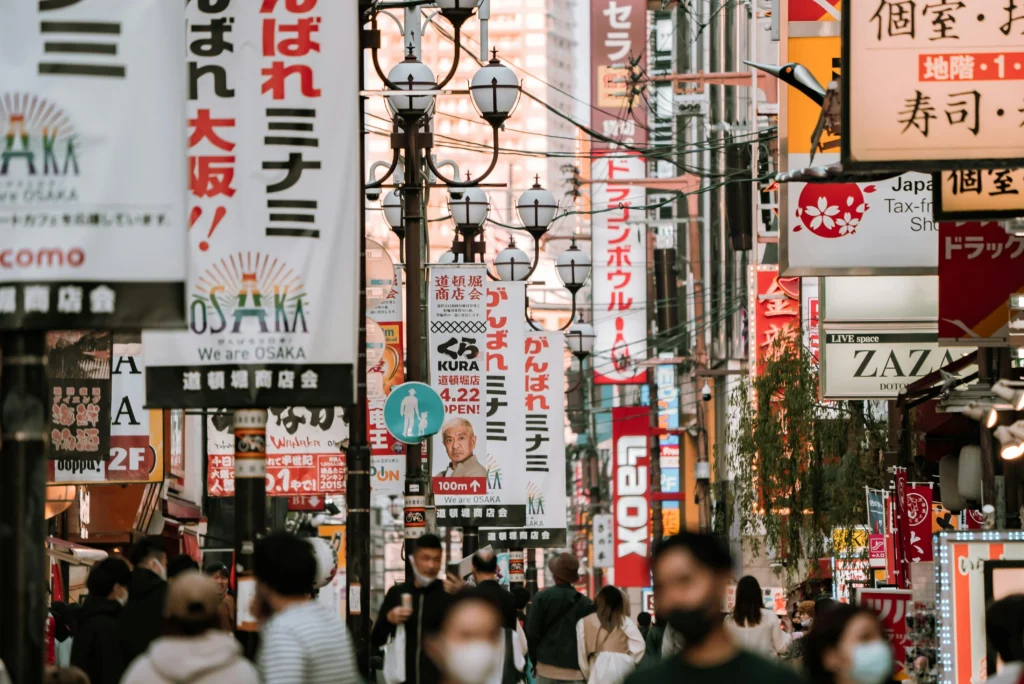 Photo- Pexels
Photo- Pexels
Economic Risks and Supply Chain Dependence
Japan depends heavily on China for key minerals used in electronics and automotive production. Officials in Tokyo voiced concern that economic exposure leaves Japan vulnerable to political pressure.
Japan’s economic security minister highlighted the broader risk of relying on a country willing to apply economic coercion.
Despite the tension, Japan’s trade authorities reported no major change in China’s export controls on rare earths. Japan’s leading business groups met with Takaichi to push for stability and dialogue, arguing that predictable political conditions are essential for economic cooperation.
Regional Security Concerns Intensify
The dispute plays out against an already sensitive regional security landscape. Taiwan lies just over 110 kilometres from Japan’s southwestern islands, and the surrounding waters serve as crucial sea lanes for Japanese trade.
Chinese coast guard vessels again entered waters around the contested islands known as the Senkaku in Japan and the Diaoyu in China. Japan’s coast guard drove the ships out, prompting fresh diplomatic friction.
The United States reaffirmed its commitment to Japan under the bilateral security treaty, stating that any attack on the islands would fall under mutual defence obligations.
Limited Prospects for Diplomatic De-escalation
The upcoming G20 summit in South Africa offered a potential venue for dialogue, but China stated that its premier does not plan to meet Takaichi.
Japan said it remains open to discussions but acknowledged that no bilateral meeting is confirmed. Analysts note that Tokyo’s refusal to retract Takaichi’s comments has left both sides at an impasse, keeping relations on a tense edge.
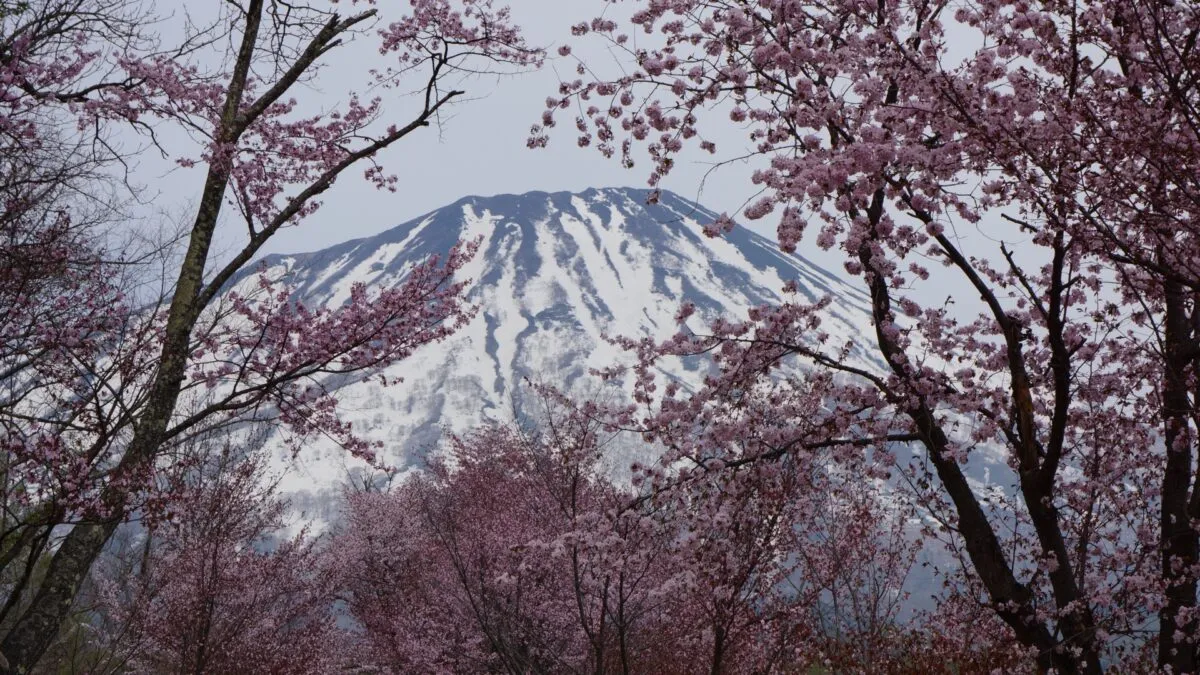 Photo: Hokkaido – X
Photo: Hokkaido – X
Bottom Line
A significant increase in bear encounters in northern Japan, especially in Hokkaido, Akita, and Iwate, has prompted a U.S. Embassy advisory for travelers.
Causes include food scarcity and habitat encroachment, while authorities are implementing emergency response and preventive measures.
Travelers should remain vigilant, avoid high-risk areas, and follow recommended safety guidelines to minimize risk.
Stay tuned with us. Further, follow us on social media for the latest updates.
Join us on Telegram Group for the Latest Aviation Updates. Subsequently, follow us on Google News
